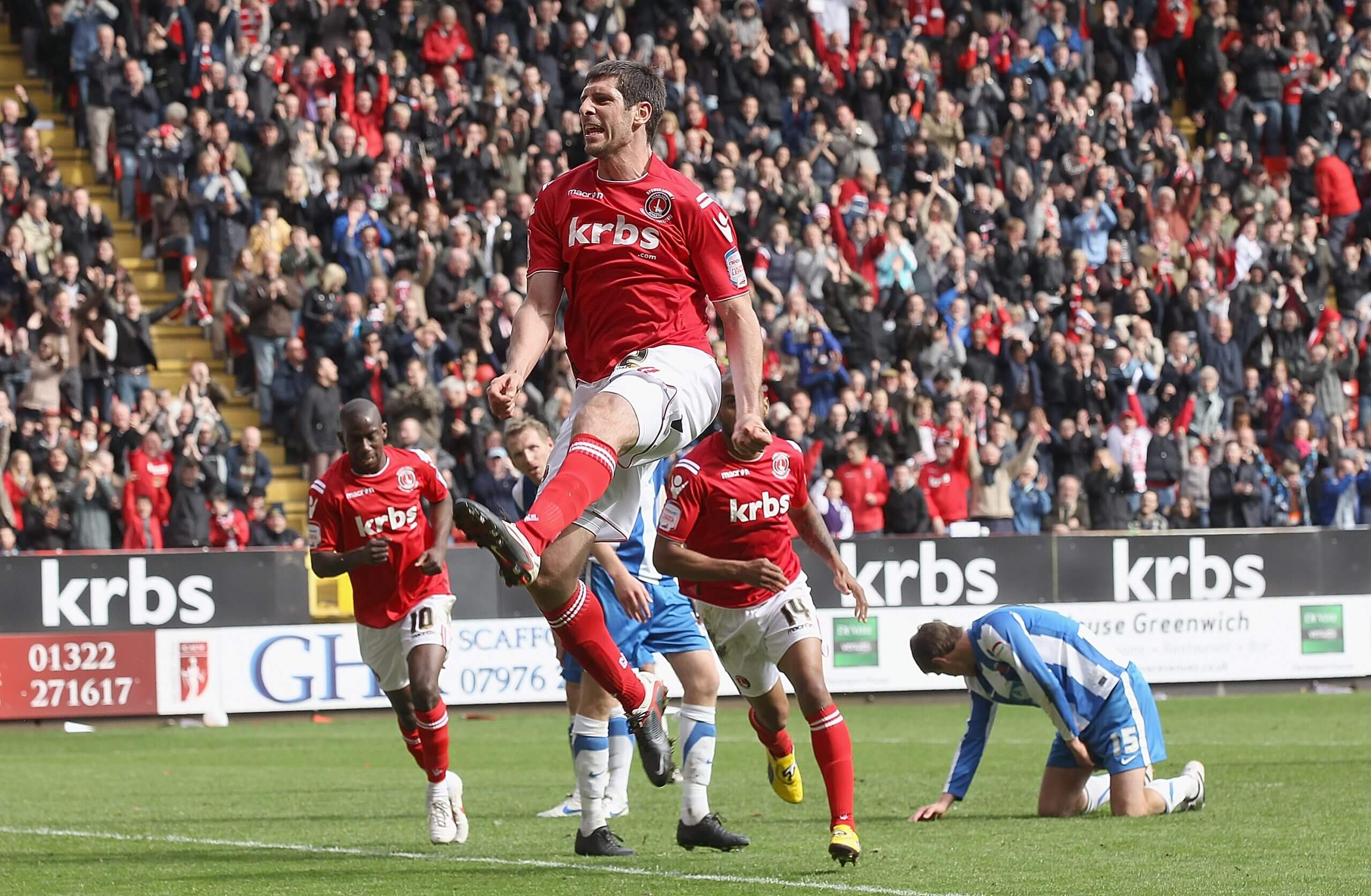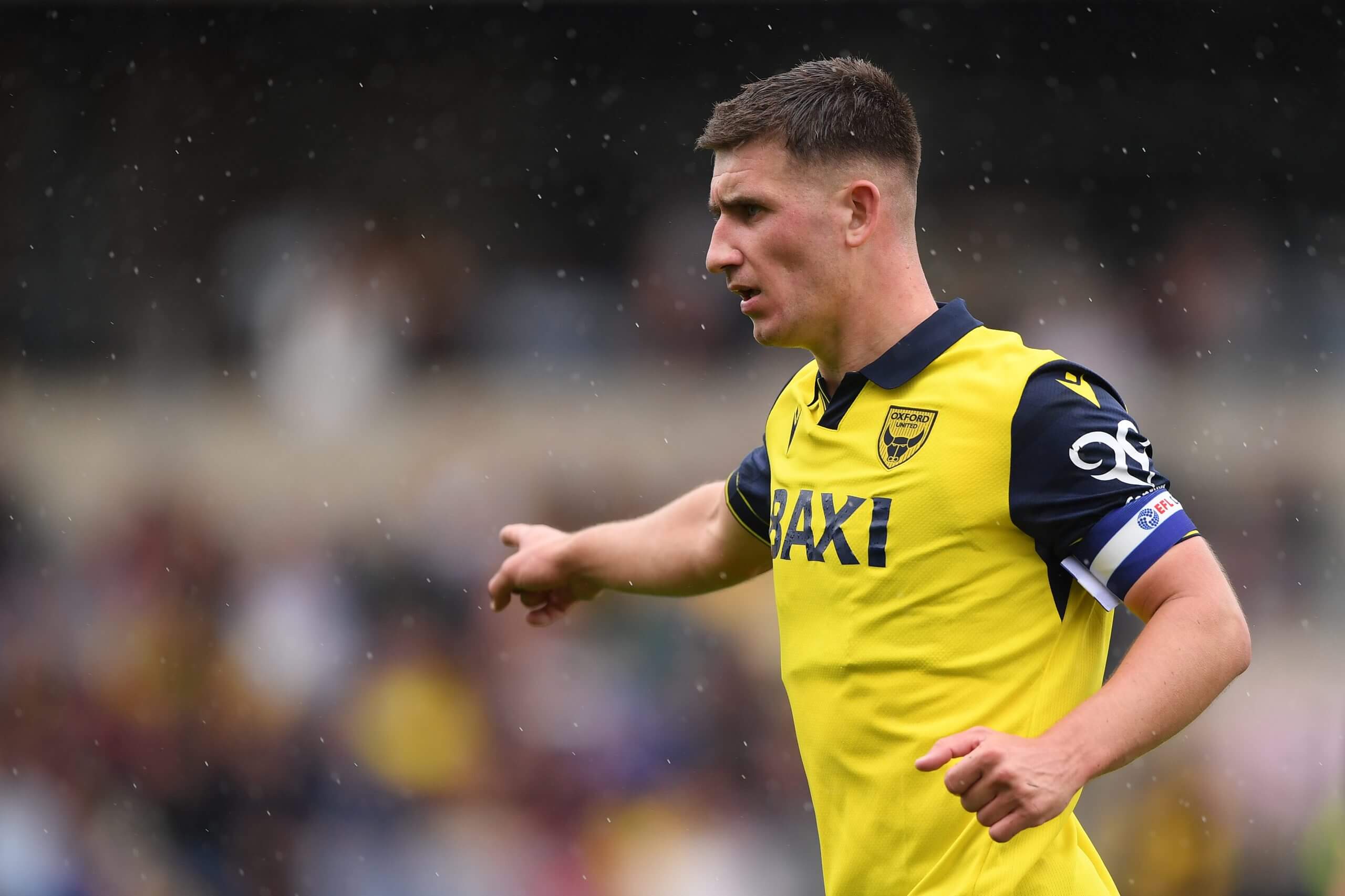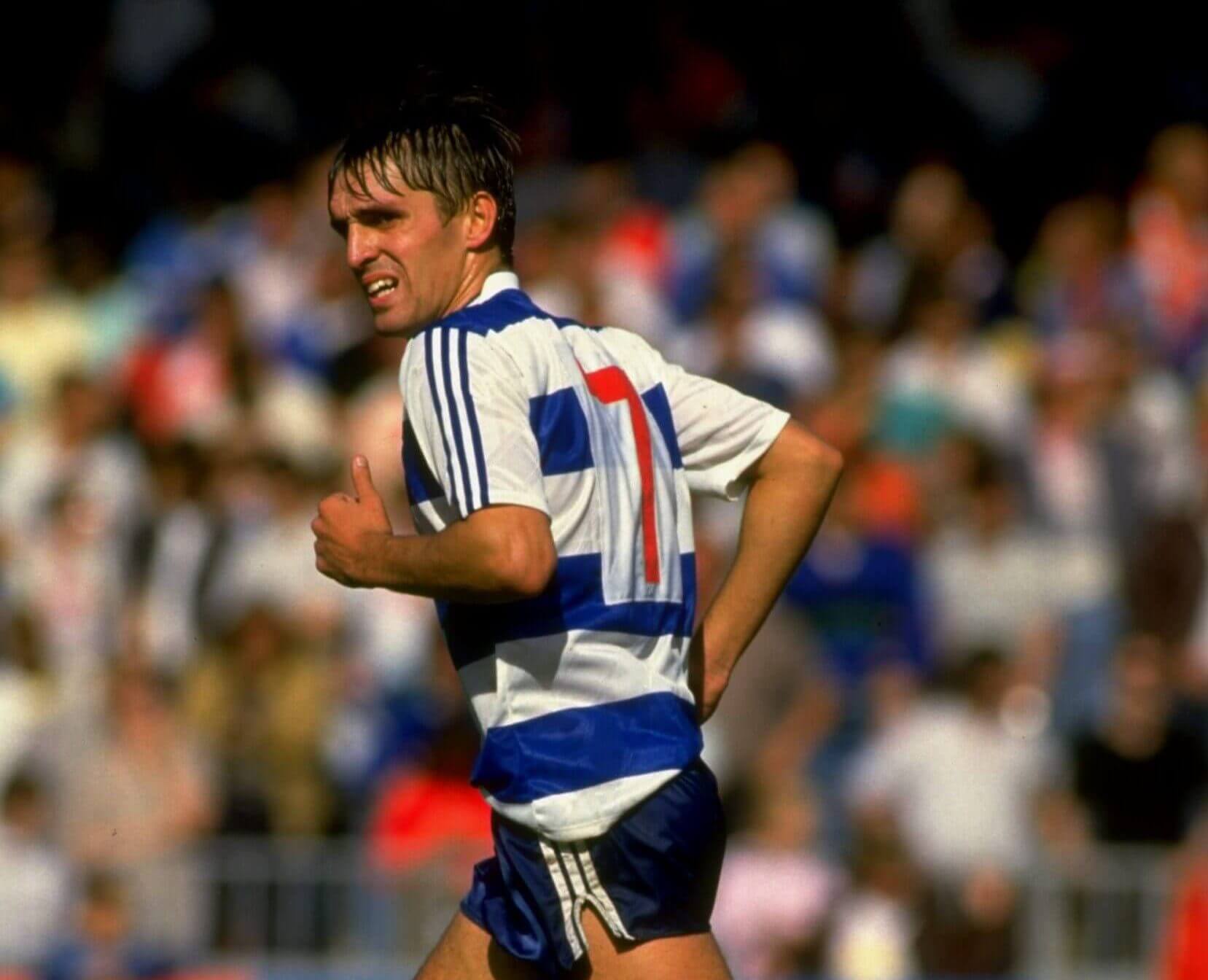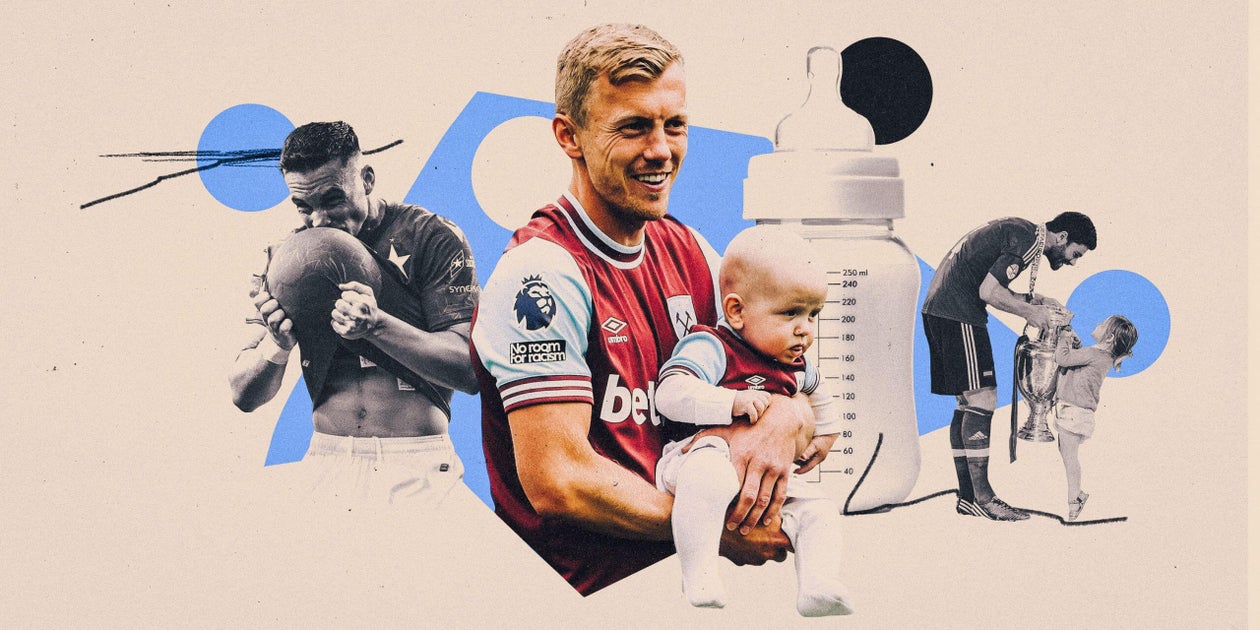Erling Haaland had just scored his 12th goal of the season when he was asked for the secrets behind his form.
After scoring Manchester City’s winner against Brentford in October, Haaland explained how becoming a father to a son last December was a key factor behind his purple patch on the pitch.
“You can be physically ready but you need to be mentally ready as well,” he told Sky Sports. “And to be honest, I think with a kid, it makes me even better because I actually disconnect more than ever.
“I don’t think of football at all, which sometimes, when you are younger, you think of this and that and maybe worry a little bit about things. But when I go home, I relax even more, so I think I need to give a shout-out to my son.”
It was a reminder that fatherhood and football are often overlooked despite affecting the majority of players during their careers.
But how does it all work in reality? How do players manage the inevitable lack of sleep, and how does this impact their ability to perform to their highest level? What support are they given by their clubs? And why is the idea of paternity leave still virtually unheard of in football?
From juggling triplets — including on a team bonding trip to Thorpe Park — to rushing out of a stadium on matchday to attend their child’s birth this season, The Athletic spoke to several players about their experiences of fatherhood in the game.
“It was the toughest period of my life. We didn’t really know what we’d let ourselves in for — we’d never experienced having children. And we certainly went in at the deep end.”
Danny Hollands is recounting his memory of having triplets, Sofia, Annabella and Mia, in September 2011, just months after signing for Charlton Athletic from Bournemouth.
“It was a credit to my wife (Natalie) that she didn’t let it affect my schedule in terms of the fact I needed rest and sleep,” he told The Athletic.
“I’d do the 10pm feed and then I’d go straight to bed. My wife would do the overnight feeds. I would have to get up after that, and help with the kids while she had a little sleep and then I’d go off to training. It was all very regimented; it was like an army camp.”
Hollands acknowledges his wife was doing the heavy lifting, but he still remembers that he loved away matches, as it provided an opportunity to have a full night of uninterrupted sleep in the hotel room the night before a game.
“My roommate at the time was Royce Wiggins, and he must have thought, ‘Jesus Christ, you are so boring’,” Hollands said. “Because I’d literally go to bed early and I’d sleep all the way through. I felt bad for my wife, but at the time, I’d make sure she was never on her own.”
He also recalled catching some sleep in any empty room he could find when Charlton met up for home matches. Manager Chris Powell liked his side to meet at 11.30am for a 3pm kick off, which was earlier than most.
Hollands also recalls being invited to Thorpe Park amusement park on a team bonding day and bringing the kids.
“The lads were looking at me like I was some kind of alien, with three kids, trying to feed them. It’s kind of like 100 miles an hour and everyone was looking at me like, ‘Oh my God, how on earth do you do it?’”
Yet despite his hectic home life, Hollands had one of his best campaigns that season. He played a starring role in a Charlton side that won the League One title in 2012.

Danny Hollands celebrates scoring for Charlton against Hartlepool in May 2012 (Phil Cole/Getty Images)
“There were times where I was really, really emotionally and physically drained, I was just shattered,” Hollands said. “But I didn’t want my kids to be an excuse for me playing badly. As soon as your children come into the world, you don’t want to let them down, and you feel like you need to provide for them. I never wanted that to be a problem.”
Parenthood is often an extra motivator for new dads. After scoring Liverpool’s winning goal against Chelsea last year, Curtis Jones said fatherhood had given him a new lease of life.
“(I’ve been) a dad (for) a week. It’s the best thing ever,” he told Sky Sports, “I’m playing with a smile on my face. It’s a different type of joy. My little girl would be proud as well.”
Alex Kenyon played more than 250 matches for Morecambe in League Two. He is now assistant head coach at AFC Fylde and celebrated the birth of his second daughter, Penelope, last month. His first daughter, Harper, was born in March 2022, just nine days after he signed for Ayr United from Scunthorpe United.
“You don’t get as much sleep but, for myself, it gave me more of a purpose,” he told The Athletic. “I would put 100 per cent into every game no matter what, but I then wanted to do well for my little girl. She was only a few days old, she didn’t even know what football was!”
Stepping up into a coaching role, Kenyon has now experienced fatherhood from both sides.
“This time, my little girl was born late on Monday evening. We were still in hospital on the Tuesday, but I was back in training on the Thursday,” he said. “Staff said I was a bit of a zombie, but I was there, I didn’t want to miss stuff.
“I don’t want to miss my little girl growing up either. But I need to, as a coach now, help the team as best I can to progress. As a coach, I don’t think you ever stop.”
The move into parenthood often sees players thrown into challenging situations.
Kenyon was three and a half hours away from his partner Morgan and firstborn Harper, who were living in Preston, when he signed for Ayr in the Scottish Championship.
“I was there (at Ayr) for three months, so the baby was going up and down the motorway to Scotland,” he said. “It was very tough. But the manager at Ayr (Lee Bullen) was great with me.”
Kenyon recalled how during his first match for Ayr, a Friday night televised match at home to Kilmarnock, he was frantically checking for news from the substitutes bench as his wife had gone into hospital that evening.
He’d agreed with the manager that if he needed to go, he’d give him a quick nod and then shoot off. However, there was no need in the end, as his daughter arrived two days later.
In a similar tale, Oxford United captain Cameron Brannagan was ready to come off at any point during his side’s 3-1 away win against Bristol City this season on September 21, as his partner was due to give birth.
“My missus had James Constable’s (Oxford first-team player liaison manager) number, so I basically said ‘Look, if you go into labour, or you need me at any stage, just call Beano (Constable) and I’ll come straight off’,” he told The Athletic.
“Funnily enough, when I came off in the 80th minute, we got the call, I literally grabbed my gear and sprinted out of the stadium. I was on the way to the John Radcliffe Hospital in Oxford before the game had even finished. It took me about an hour and a half. I managed to make it. It was a bit of a stressful day, but we got there.”
Brannagan’s son, Leo, was born five minutes after midnight on September 22.

Brannagan made the 80-mile trip from Ashton Gate to John Radcliffe Hospital to make the birth of his son (Alex Burstow/Getty Images)
Following the birth of his daughter Ocean in August this year, Tranmere Rovers striker Josh Davison became a father for the second time. His first daughter, Nala, was born on October 14, 2023. She was born at 12.45am in the morning — yet Davison still turned out for his former side, AFC Wimbledon, later that same day.
“I hadn’t been in the team for a couple of games and I thought ‘Well, everything went fine with the birth, thank God, and we had family over to help out and stuff,” he told The Athletic.
“I said that I felt like I had to go and play to see if I could take my chance to get in the team. I didn’t score, unfortunately, but I had an OK game, nothing special. But, yeah, I think I ended up going to bed at 4am, and then I was up around 9 or 10am to shoot over to the game.”
In some painful instances, though, players can find their lives turned upside down due to complications around the birth.
Earlier this year, Ben Gibson told The Athletic about his ordeal after his second child, Mylie, was born two months early, when she arrived on December 17 last year. Mylie, who weighed just 3lb 3oz, had to spend 44 days in the neonatal intensive care unit at Norfolk and Norwich University Hospital.
At the same time, Gibson had to look after his 11-month-old son, Taylor, who had also been in intensive care for five days after he was born, while trying to work his way back into Norwich’s team after injuring his foot.
In the same interview, he recalled the horrible moment when, walking off the pitch at the end of Norwich’s game against Southampton on New Year’s Day, he was met by Jonny Martin, the club’s head of first-team operations, who said he must call his partner, Ashley.
“That moment of fear just hit me,” he said. “I rang her off his phone and she said Mylie had basically stopped breathing eight times. I went straight to the hospital. That moment was, ‘Wow’. It was, ‘What’s going on?’. I should have been there.
“Ashley didn’t want to call to disrupt what I was doing in terms of the game. I said to her after, ‘Football is not important compared to that.’”
In a reflection of society more generally, attitudes have certainly changed.
Martin Allen was fined two weeks’ wages for missing a Queens Park Rangers match to attend the birth of George, his first child, in 1989 by Trevor Francis, his manager at the time. The story became front-page news and was even discussed in the Houses of Parliament.
“There was no way I was going to miss the birth,” Allen told The Athletic in a previous interview. “Forget sport. Forget football. Seeing a baby coming into the world is the most special moment of my life — the same with my second son, Charlie. It beats anything I’ve ever done.”
However, even in 2010, John Barnes missed the birth of his seventh child, a son, as he was working as a pundit for the Liverpool vs Chelsea match on Sky Sports. Asked by host Richard Keys at half-time, and with Liverpool leading 2-0, if he wanted to go, Barnes chuckled, before replying: “I’ll stay. If we were 2-0 down, I’d go.”
Then there was the tale involving Phil Neville, who left his wife, Julie, to attend training when she was “haemorrhaging quite badly” during the birth of their daughter, Isabella, in 2004. In a later interview with the Manchester Evening News, Julie said her husband admitted, “That’s the only time probably football maybe shouldn’t have come first.”

Martin Allen playing for QPR in 1986 (David Cannon/Allsport via Getty Images)
Andrew Cole, a former team-mate of Neville at Manchester United, has also spoken about his regret in a documentary, as reported by the Mirror, about missing the birth of his first child, Devante, to play in a match against Southampton in 1995.
Some, however, were adamant they did not want to miss their child’s birth, which created rifts with their managers.
Xabi Alonso, for example, missed Liverpool’s Champions League round-of-16 match against Inter in 2008 to attend his child’s birth. Alonso told El Pais that he offered to travel solo to Milan “when everything was fine”, but his request was rejected by his manager Rafa Benitez.
Meanwhile, Ben Foster told the Football Fill-In that he stepped back from international duty following manager Fabio Capello’s handling of the situation when his wife was about to give birth to their son. He was initially given permission to attend his son’s birth by Capello, but ended up missing it by 10 minutes. He was then told he needed to return as Capello wanted him to play the second half of a friendly the following night. However, once he was back, Capello left him on the bench.
While there have been recent instances of players missing their child’s birth to play in a match — such as Alexander Sorloth, who, despite having permission from Villarreal to miss the game, went on to score a 93rd-minute winner against Almeria in April — they are now the exception, rather than the norm, with managers generally now taking a more sympathetic and understanding approach to a player’s personal circumstances.
France’s Kingsley Coman, for example, left the national team camp at both Euro 2020 and Euro 2024 to attend the birth of his third and fourth child, while Phil Foden left the England camp at Euro 2024 to attend the birth of his third child. Earlier this season, Liverpool’s Ryan Gravenberch missed the Community Shield game as he’d just become a dad.
But while it’s now widely accepted that a player would skip a match to attend their child’s birth, the idea of a footballer taking paternity leave is still unthinkable.
Troy Deeney summed up the prevailing attitude when he played for Watford on Boxing Day 2019, three days after his son was born. “I’ve had about six hours sleep in four days, but you would have had to nail me to the floor to make me not play,” he said, in quotes reported by the Telegraph.
“Ultimately, you don’t want to lose your spot,” Davison explained. “You’ve also got factors of your bonuses. You might miss out on your starting bonus, and then obviously your family is hurt by that.”
As well as fears over losing their spot, players also referenced the impact a fortnight off could have on their fitness and the fact that the job already offered a degree of flexibility.
“Legally, it (paternity leave) is there, but in football terms, it doesn’t happen,” Kenyon said. “(After Penelope’s birth), I was getting memes sent to me of the Roy Keane clip where he goes, ‘Well, he didn’t have the baby, did he?’ And look, everyone’s having a laugh with it, but that’s football.
“I don’t know anyone in football who’s gone, ‘Yeah, I’ll have the full two weeks.’ It (paternity leave) just doesn’t happen in football, and I don’t think it will ever happen.”

